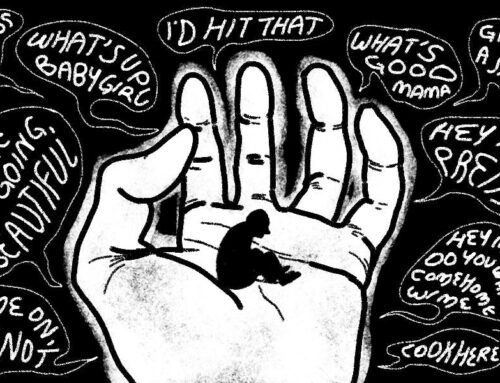INTRODUCTION
Sewage cleaning is a perilous occupation that continues to claim the lives of sewage workers across India. The lack of proper safety equipment and hazardous conditions make it a dangerous task, resulting in tragic fatalities. This case highlights the death of a 24-year-old sewage worker named Rahul Kumar in Barignai, Sitamarhi district, Bihar, who lost his life while working in a sewage tank due to inhaling toxic gas.
CASE OVERVIEW
On 02-09-2021, Rahul Kumar, a sewage worker, went to work in a sewage tank in Barignai, Sitamarhi district. Tragically, he died on the same day after inhaling a poisonous gas that had accumulated in the drain. His death highlights the familiar and harrowing circumstances faced by sewage workers, where safety measures are often lacking. The Plight of Sanitation Workers: Despite the Supreme Court’s reprimands to the government for not providing protective gear to sewage workers, the situation remains dire. The working conditions of safaikaramcharis are appalling, and they continue to face life-threatening challenges. Caste bias, even in the post-Independence era, exacerbates the problem and affects their dignity and safety.
EVA-BLN INTERVENTION
It is very common practice among police that when a person dies in sewage cleaning, they register UD (Unnatural Death) FIR and do not add relevant sections of Manual scavenging act. In the aftermath of this tragedy, the Bihar Legal Network (BLN), a network of lawyers and socio-legal professionals, took action to support Rahul Kumar’s family. BLN team approached various commissions like BHRC, NHRC and others. Due to the efforts of BLN, police were forced to add relevant sections of manual scavenging act. The BLN provided free legal support and mental counseling to the deceased’s wife during her time of grief and loss. Additionally, they played a pivotal role in securing a compensation of four lakhs.
CONCLUSION
The tragic death of Rahul Kumar underscores the urgent need to prioritize the safety of sanitation workers and provide them with proper protective equipment. Abolishing manual scavenging remains a distant goal, and India must take decisive steps to protect the lives of those who carry out this essential work. Improving working conditions, promoting awareness, and enforcing strict safety measures can ensure that these unsung heroes of sanitation work in an environment that respects their dignity and safeguards their lives.




